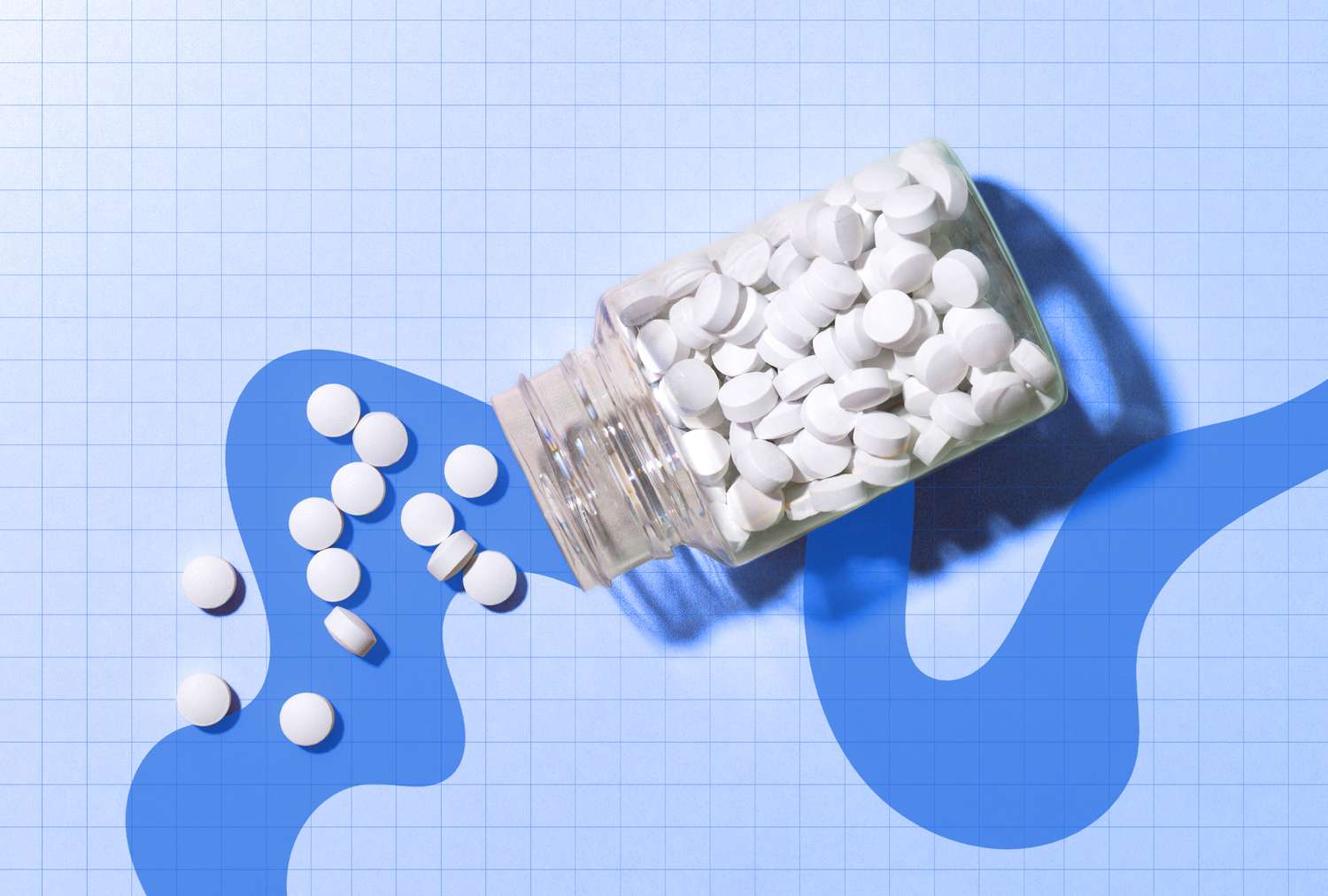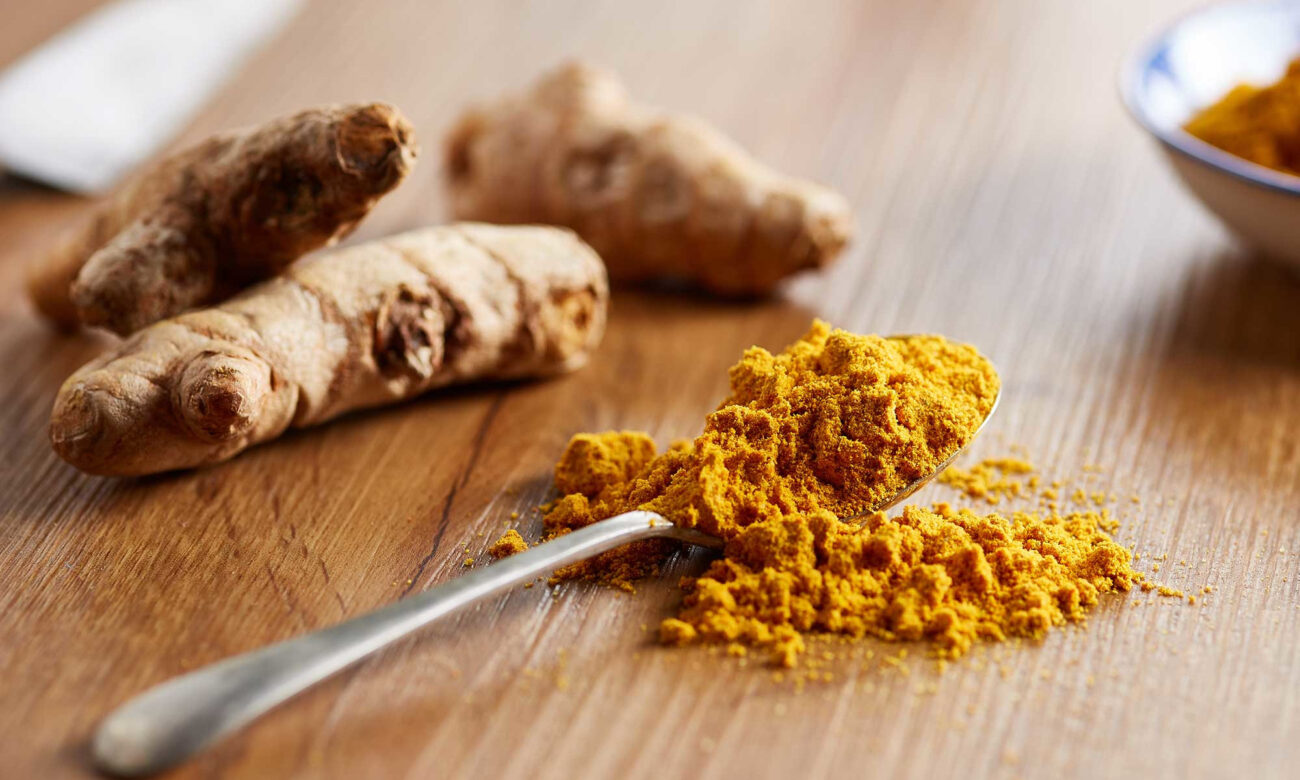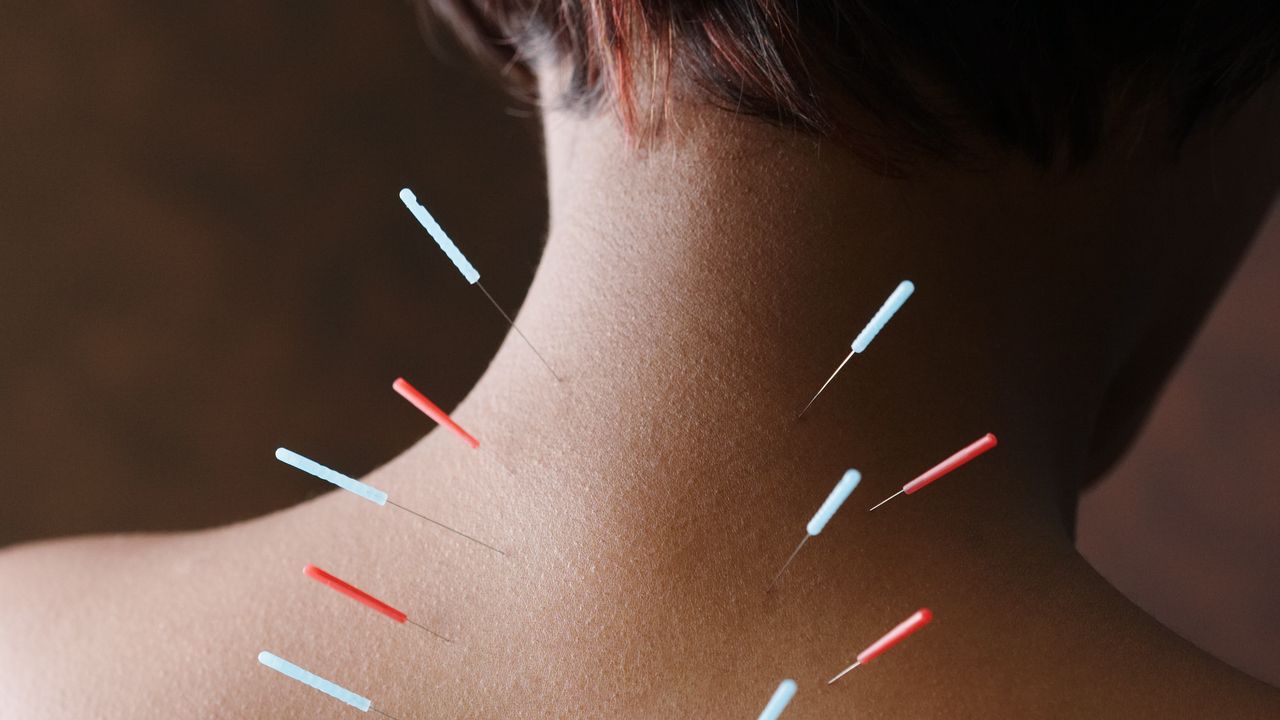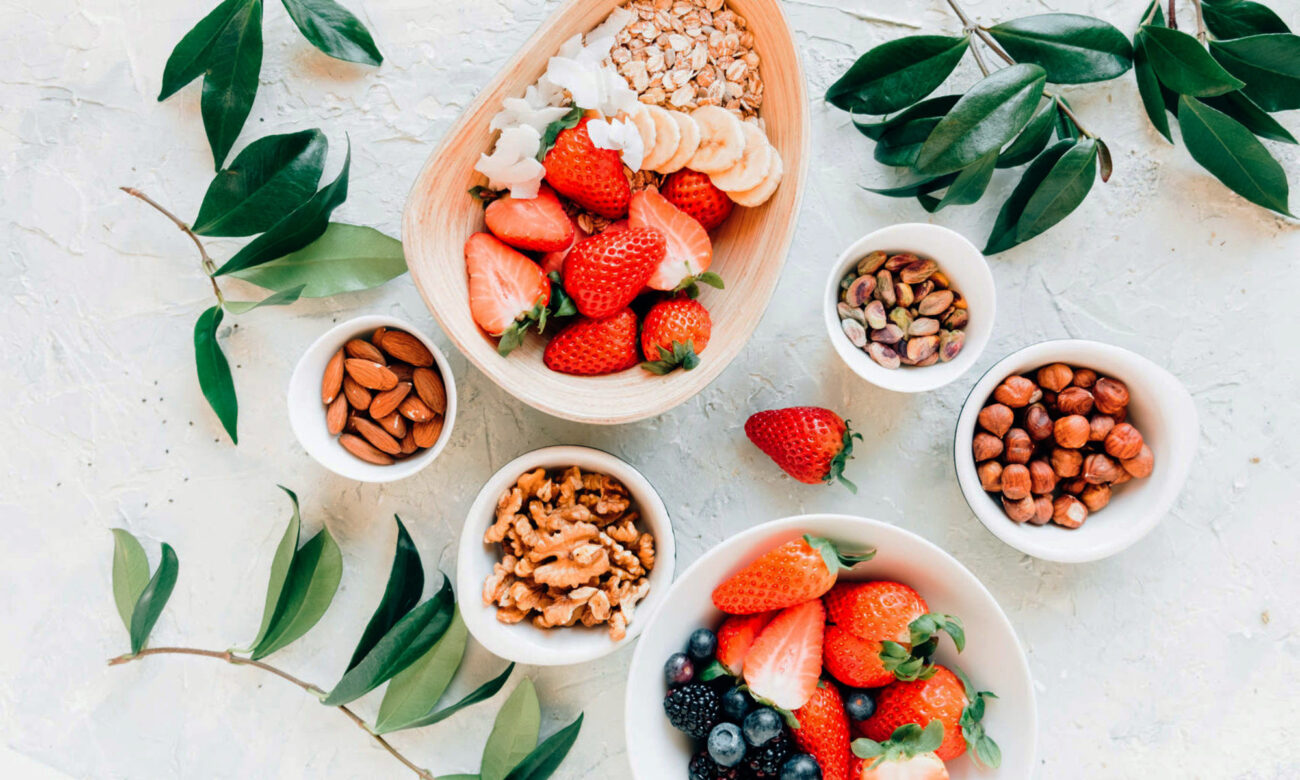Blog
Benefits, Food Sources and How Much You Need

- Zinc supports your immune system, aids wound healing and is critical for growth and development.
- Most adults need about 8 to 11 milligrams of zinc per day.
- Common food sources include meats, shellfish, nuts and seeds.
- Zinc deficiency can cause weakened immunity, slow wound healing, hair loss and appetite changes.
Zinc is a vital mineral that your body relies on to stay healthy. Since your body can’t produce zinc on its own, you need to get it through your diet. Foods like meat, shellfish, nuts and seeds are great natural sources of zinc. This nutrient plays a big part in keeping your immune system strong, helping wounds heal and even supporting your body’s production of DNA and proteins. Zinc is especially important for growth and development during key life stages like childhood, adolescence and pregnancy.
But why do you need zinc? Having sufficient zinc levels is key to keeping your body running smoothly. Without enough of this powerhouse mineral, you might experience symptoms like weakened immunity, hair loss or slower wound healing, so getting the right amount through your diet or supplements is a simple yet effective way to support your health.
Why We Love Zinc
Supports the Immune System
Zinc is renowned for its immune-supporting properties. Research has shown that zinc is essential for all types of immune cells, helping them respond effectively to various challenges like infections or environmental stressors. It supports key biological processes, including the development of immune cells and their ability to fight off bacteria, viruses and parasites. Additionally, zinc has been linked to conditions like autoimmune diseases and certain cancers which involve the immune system either overreacting or underperforming.
One of the main functions of zinc is to help with DNA synthesis. Without proper zinc intake, cells may not be able to grow and multiply as effectively.
-Rhyan Geiger, RDN
Supports Cell Growth and Development
Especially important for children and adolescents, zinc is necessary for proper growth and development. Rhyan Geiger, RDN, explains, “One of the main functions of zinc is to help with DNA synthesis. Zinc helps cells grow and multiply, which is especially important in times of fast growth, like in pregnancy and childhood. Without proper zinc intake, cells may not be able to grow and multiply as effectively.”
Improves Wound Healing
Zinc may play a role in wound healing. Specifically, zinc may have an impact on pressure injuries (PIs), often known as bedsores. A review was conducted to highlight whether taking zinc supplements can help wounds like these heal faster, and found that zinc supplementation did improve the healing process significantly, making the wounds heal faster and reducing their size.
Promotes Eye Health
A lesser-known benefit of zinc is supporting eye health, specifically when focusing on age-related macular degeneration (AMD), a condition that affects eyesight, particularly in older adults. One reason zinc might help is that it stimulates a process called autophagy, which helps cells clean up waste, and this process tends to slow down in AMD.
Common Signs of Deficiency
A zinc deficiency can lead to a range of symptoms, many of which are subtle and may go unnoticed initially. Some common signs include:
- Weakened immunity
- Frequent colds or illnesses
- Slower wound healing
- Skin conditions such as rashes or acne
Zinc deficiency may also result in hair thinning or loss, diminished appetite and changes in taste or smell. Severe deficiencies, though rare, can contribute to stunted growth in children and delayed sexual development in adolescents. Ensuring adequate zinc intake through diet or supplementation is crucial to avoid these potential issues.
Recommended Dietary Allowance
The recommended dietary allowance (RDA) for zinc varies based on age, sex and life stage. For the average adult, the RDA is 11 milligrams per day for men and 8 milligrams per day for women. Those who are pregnant and lactating require more zinc, with RDAs increasing to 11 to 12 milligrams per day to support fetal development and milk production. For children, daily requirements range between 2 to 9 milligrams, depending on age. Meeting these levels ensures your body has enough zinc to perform essential functions, such as supporting immune health and growth.
Food Sources of Zinc
Here are some good food sources of zinc to help you meet your needs, per the USDA. We especially love how there are both animal and plant sources with zinc readily available:
- Cooked Ground Beef: 3 ounces provides 5.3 mg of zinc (48% of the Daily Value [DV])
- Lentils (cooked): 1 cup provides 2.5 mg of zinc (23% DV)
- Chickpeas (cooked): 1 cup provides 2.5 mg of zinc (23% DV)
- Nonfat Plain Yogurt: 1 cup provides 2.4 mg of zinc (22% DV)
- Cooked Chicken Breast: 1 cup provides 1.4 mg of zinc (18% DV)
- Cashews: 1 ounce provides 1.6 mg of zinc (15% DV)
Choosing a Supplement
When dietary intake isn’t adequate, choosing the right zinc supplement can help bridge the gap and support your nutritional needs. Zinc supplements come in various forms, including zinc gluconate, zinc sulfate and zinc picolinate, each offering different levels of bioavailability.
Consulting with a healthcare professional is strongly recommended before beginning supplementation. They can help determine the appropriate dosage and form based on your individual circumstances. It is also important to be mindful of how zinc supplementation affects the absorption of other minerals, particularly copper.
Excessive zinc intake may deplete copper stores in the body, potentially leading to deficiency-related issues. To avoid such complications, consider opting for a supplement that includes copper or incorporate copper-rich foods into your diet. Staying within the recommended upper limit of 40 milligrams of zinc per day for adults is crucial unless otherwise directed by a medical professional.
Additionally, prioritizing products that have undergone independent verification can ensure their quality, purity and accurate labeling, giving you confidence in your choice.
Our Expert Take
Understanding the importance of zinc and ensuring adequate intake can have a significant impact on your overall health and well-being. This mineral is a powerhouse for supporting immunity, growth and repair processes in your body, making it indispensable in your daily diet. By incorporating zinc-rich foods or supplements, when necessary, you can help sustain your health and meet your nutritional needs. Always remember to consult with a healthcare professional if you suspect a zinc deficiency or are considering supplements, ensuring your approach is both safe and effective. With zinc playing such a vital role, prioritizing it in your nutrition plan is a small step that can yield big benefits for your health.
Frequently Asked Questions
What are symptoms of zinc deficiency?Common signs of zinc deficiency include weakened immune function, hair loss, delayed wound healing, loss of appetite and changes in taste or smell. In more severe cases, it can also affect skin health and stunt growth.
Can you take too much zinc?Yes, excessive zinc intake—usually from supplements—can lead to nausea, vomiting, loss of appetite, stomach cramps, and headaches. Long-term overconsumption may interfere with the absorption of other minerals like copper and impair immune function. For adults, the tolerable upper limit for zinc is 40 milligrams.
What foods are high in zinc?Zinc-rich foods include ground beef, lentils, chickpeas, yogurt, chicken breast and cashews.












